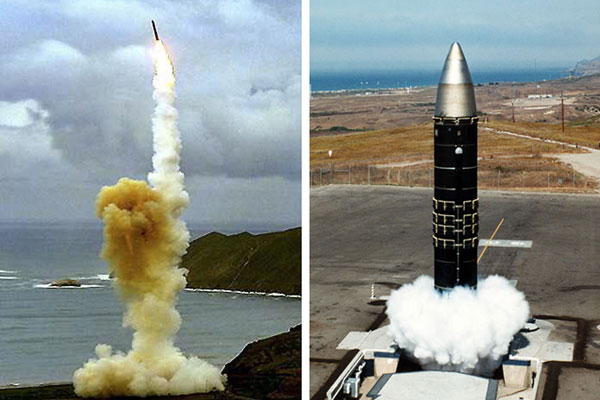The Washington Free Beacon reports that an intercontinental ballistic missile (ICBM) squadron may be eliminated if the Obama Administration’s draft plan to cut it is implemented.
Neither the New Strategic Arms Reduction Treaty (New START) nor any other treaty would compel the Administration to make this move. And it could be permanent. As Heritage’s Michaela Dodge commented, “If you destroy the silos, it would be much harder to rebuild them…and very politically difficult.”
Since New START entered into force, the Administration has failed to meet its commitments to the U.S. Senate regarding funding for the U.S. nuclear weapons complex and proceeding with all four phases of the European Phased Adaptive Approach, the Administration’s plan for defending the U.S. and its allies.
Meanwhile, Iran and North Korea are reportedly advancing their ICBM capabilities, and Russia has undergone a massive modernization program. The United States is the only nuclear-armed nation that has not modernized its nuclear force. As noted by Dodge and Baker Spring, nuclear arms dismantlement does not constitute modernization.
ICBMs still play a critical role in U.S. security, and any reductions in this force could negatively impact the nuclear triad, possibly leaving the U.S. vulnerable to foreign threats. To lessen this threat and fulfill the constitutional mandate of providing “for the common defence,” the U.S. should not plan to cut any quantity from the ICBM force of the nuclear triad. Rather, the U.S. needs to sustain and modernize the entire nuclear triad so it may keep ahead of the quickly changing security environment.
John Collick is currently a member of the Young Leaders Program at The Heritage Foundation. For more information on interning at Heritage, please click here.































